At a seminar organized by the Dhaka Chamber of Commerce and Industry (DCCI) on "Smart Agriculture: Issues and Challenges in Value Chain Development," speakers highlighted the importance of adopting farmer-friendly technology, low-cost locally manufactured devices, and databases, as well as ensuring competitive prices and necessary policy support for farmers to achieve smart agriculture in Bangladesh.
The seminar, held at the DCCI auditorium, underscored that smart agricultural practices like precision agriculture could potentially increase agricultural productivity by 20 to 30 percent, reduce input costs by up to 20 percent, and increase farmers' income by 30 to 40 percent.
State Minister for Commerce Ahasanul Islam Titu, the chief guest, announced the establishment of a fully functioning one-point service desk at DCCI to provide online IRC and ERC issuance facilities to importers and exporters. He also highlighted the need for locally tailored farmer-friendly technology and emphasized the importance of a smooth supply chain and organized commodity markets to ensure better prices for producers and consumers. Titu mentioned the forthcoming Logistic Policy-2024, which aims to be transformative for businesses, and stressed the role of ICT-backed research and innovation in diversifying the product basket.
Md. Shamsul Arefin, Secretary of the Information and Communication Technology Division, emphasized the necessity of making farmers smart through smart innovation, research, and development, and fostering a knowledge-based economy in the agriculture sector.
DCCI President Ashraf Ahmed pointed out significant post-harvest losses and the need for efficient logistic and market chains, highlighting the importance of a cool-chain and better transportation systems to mitigate these losses. He also called for a waste management system to recycle agricultural waste into other products and emphasized the role of mobile financial services (MFS) in delivering subsidies directly to farmers.
Fahad Ifaz, co-founder and CEO of iFarmer Limited, presented a keynote on "Opportunities of Frontier Tech Automation in Agro Value Chain," highlighting how technology can reduce information asymmetries, facilitate market access, reduce costs, and improve yields. He cited McKinsey and Company’s estimate that frontier technology in agriculture could potentially add $500 billion to the global GDP by 2030.
Mohammad Sakib Khaled of Swisscontact discussed the challenges in the agricultural value chain and the need for a massive transformation in the sector to combat climate change. He noted the increasing local investment in the livestock sector, which is expected to double in the next decade.
The seminar also featured a panel discussion with experts from various fields, who emphasized the need for low-cost, locally manufactured devices, competitive pricing for farmers, policy support, good agricultural practices (GAP), and the use of ICT in commercial farming.
DCCI Vice-president Md. Junaed Ibna Ali and other board members were also present at the event.



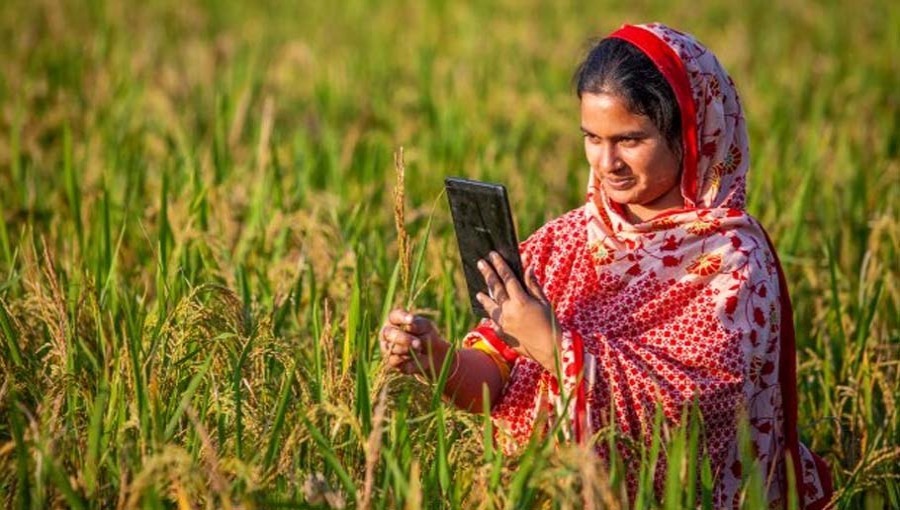
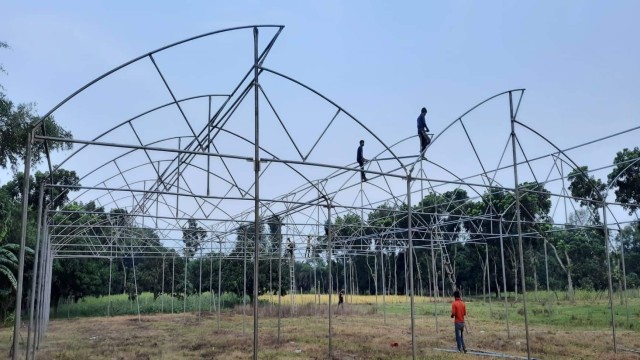

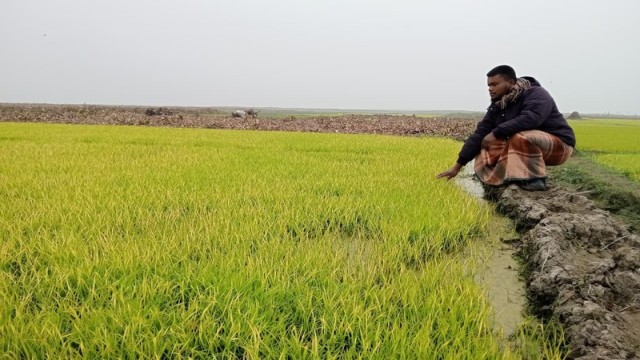
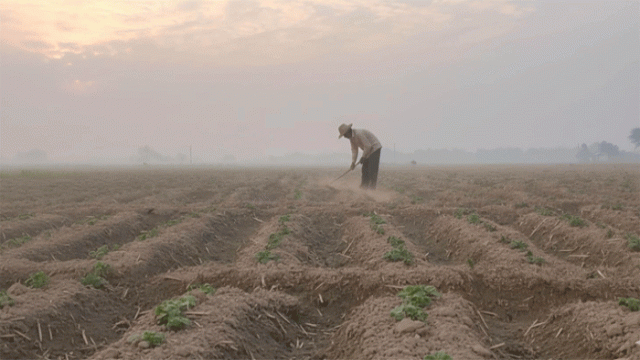

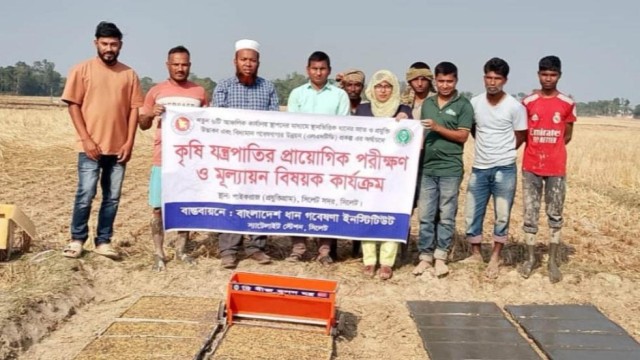

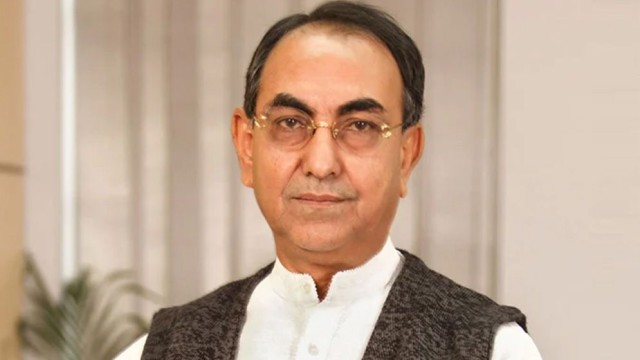
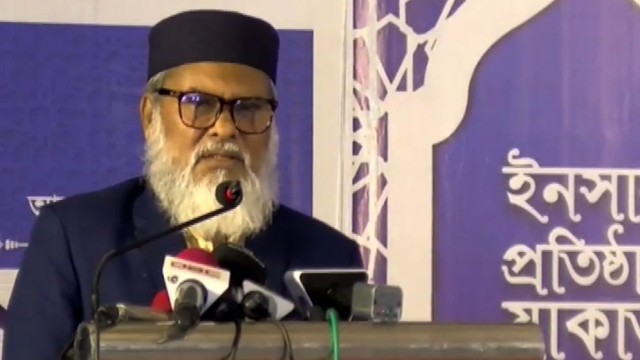

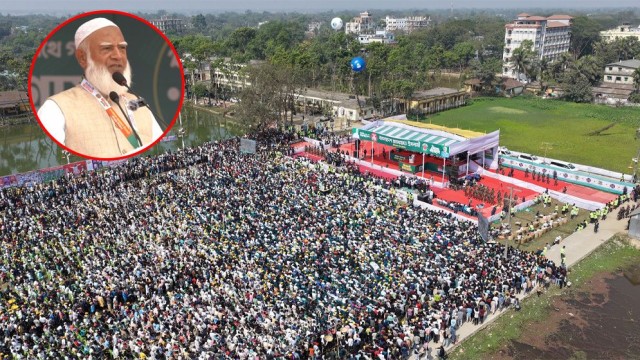
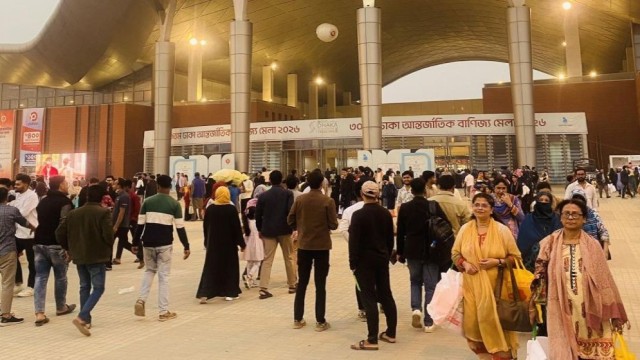






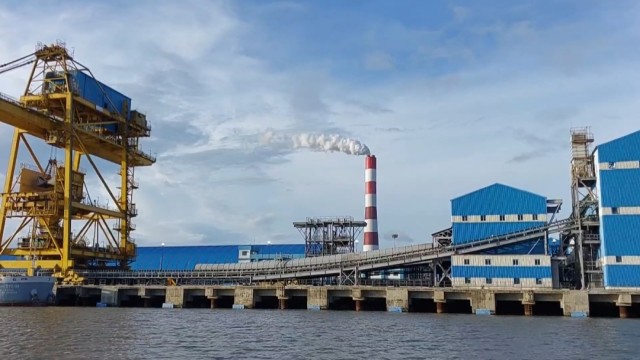


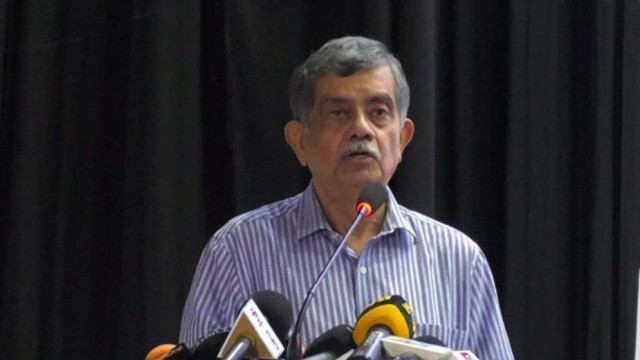

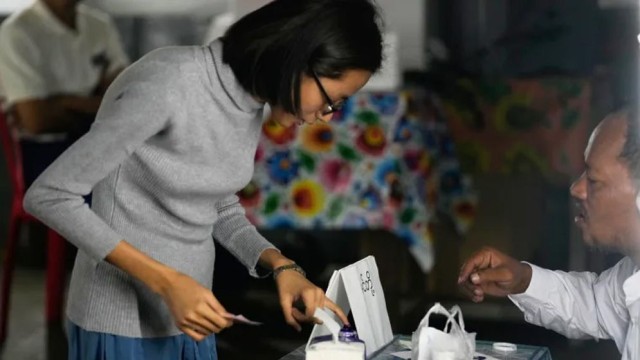
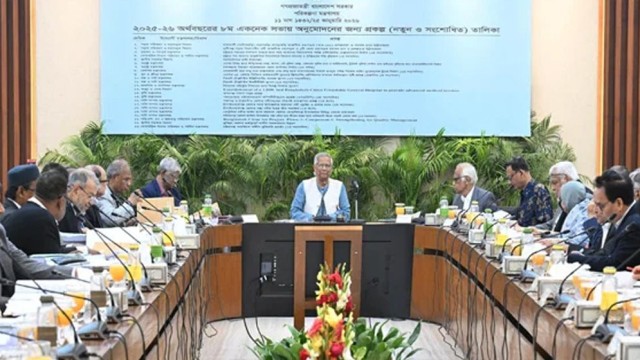

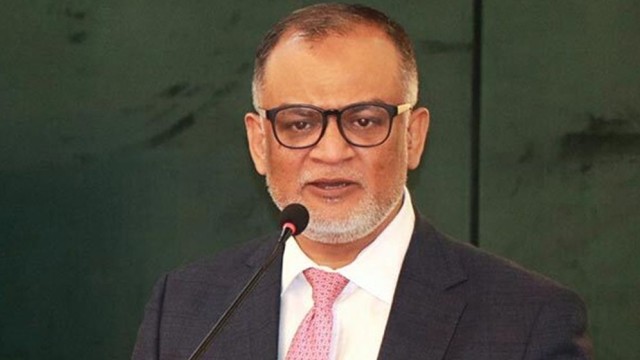
Comment: